The ECHR outlines the criteria for the legality of limited access to a lawyer
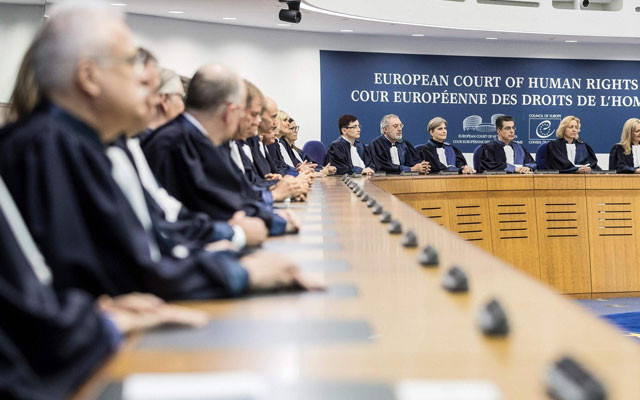
During the investigation phase, access to a lawyer and legal aid may be temporarily restricted. But in exceptional cases and for good reasons. In addition, such restriction should be temporary and based on an individual assessment of the specific circumstances of the case.
Such conclusions were reached by the European Court of Human Rights in the case of W.R. v. the Netherlands (application no. 989/18), the relevant decision of the ECHR of 27.08.2024 was included in the review of the Supreme Court in August.
Her ex-husband W.R. was suspected of murdering the missing woman. The police found traces in his house that indicated a struggle and a possible attempt to conceal the crime. Although he was informed at the time of his arrest of his right to a lawyer and legal assistance, the suspect decided to cooperate with the investigation and gave a series of statements in which he confessed to the crime.
He showed the police places important to the investigation and provided detailed descriptions of the events preceding the woman's disappearance. At the stages of the subsequent investigation, he confirmed his words and even described the circumstances of the crime in the presence of his lawyer. The courts used this testimony to substantiate his guilt.
The case went to the Supreme Court of the country, where W.R.'s guilt was confirmed.
The latter appealed the verdict to the European Court of Human Rights. The man argued that the criminal proceedings against him, which focused on whether the applicant had killed the victim intentionally, were unfair because he had not been provided with the assistance of a lawyer during the initial interrogations by the police and during visits to places relevant to the investigation, while the testimony obtained in these cases was accepted by the trial courts as evidence to convict him of murder.
The Strasbourg Court examined the applicant's complaint in the context of whether the absence of a lawyer during the initial interrogations affected the fairness of the entire proceedings.
The high judges pointed out that restrictions on the right to access to a lawyer at the pre-trial stage are possible only in exceptional cases for good reasons and should be based on an individual assessment of the circumstances of a particular case. At the same time, they emphasized that even in this case, the restriction should be temporary and should not violate the overall fairness of the trial.
Analyzing the circumstances of W.R.'s case, the ECHR stated that the absence of a lawyer at the early stages of the investigation did not have an irreparable impact on the fairness of the criminal proceedings. The applicant was informed of the right to silence and the possibility of obtaining legal assistance, and his decision to cooperate with the investigation was considered voluntary. In addition, he confirmed his testimony during the court hearings, when he already had full access to a lawyer.
The court also took into account that W.R. did not have psychological or intellectual vulnerabilities that could call into question his ability to understand his rights and the consequences of their restriction. And the conclusions of the domestic courts regarding the applicant's condition confirmed that he was able to consciously participate in the proceedings and choose a defense strategy. Therefore, the domestic courts had grounds to accept his testimony, even in the absence of a lawyer.
Taking into account the circumstances of the case and the procedural guarantees provided by the national courts, the ECHR concluded that the proceedings were generally fair. And the absence of a defense counsel during the initial interrogation of the applicant by the police and during the visit to the scene was not such a defect that would irreparably harm the overall fairness of the criminal proceedings.
Therefore, the right to a fair trial was not violated. The courts provided all the necessary procedural guarantees that allowed the applicant to build a defense and challenge the evidence, even despite the temporary restriction of access to a lawyer at the initial stages of the investigation.
Popular news

Advocacy
Electronic warrant proposed to be enshrined in law
The warrant can be generated in the Personal Account of the Advocate on the official website of the Ukrainian National Bar Association and signed by applying the advocate's electronic digital signature.
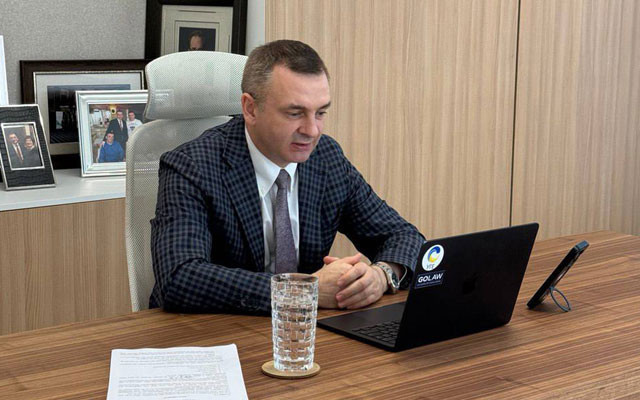
Advocacy
V. Gvozdiy told his Finnish colleagues about the experience of the Bar during the war
Finland, which has about 1,300 kilometers of land border with Russia, joined NATO in April 2023. However, bordering on an aggressive neighbor obviously leaves the risks of conflict and even war relevant. Therefore, Finnish lawyers are interested in the experience of their Ukrainian colleagues in organizing work under martial law.
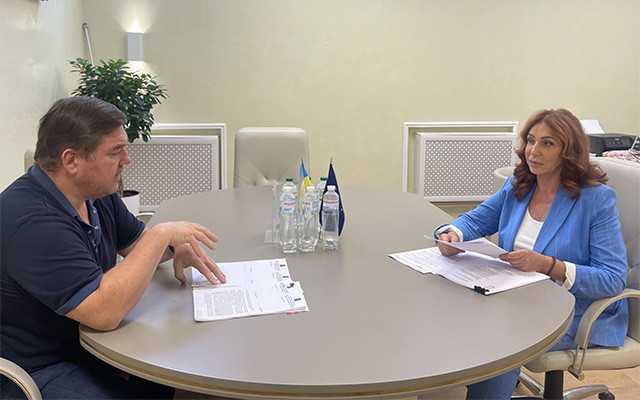
Advocacy
UNBA to file criminal complaints about violations of advocates' rights
Recently, the UNBA has received more frequent appeals about violations of the rights of lawyers and guarantees of the practice of law. Including by employees of the territorial centers of recruitment and social support. Some of the facts contain signs of a crime.
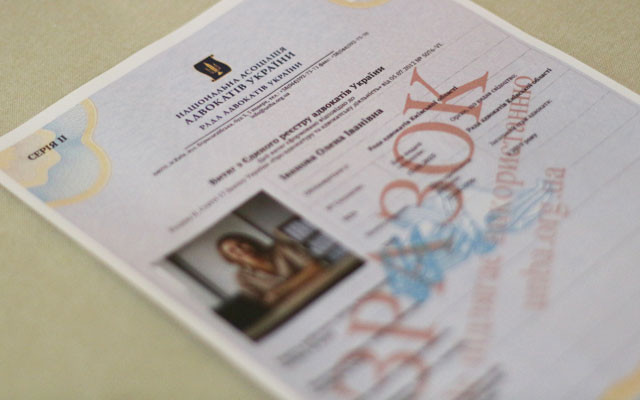
Advocacy
An extract from the URAU will be available in your personal account
Starting Monday, September 23, lawyers will be able to independently generate extracts from the Unified Register of Advocates of Ukraine through their personal electronic account on the website of the Ukrainian National Bar Association.
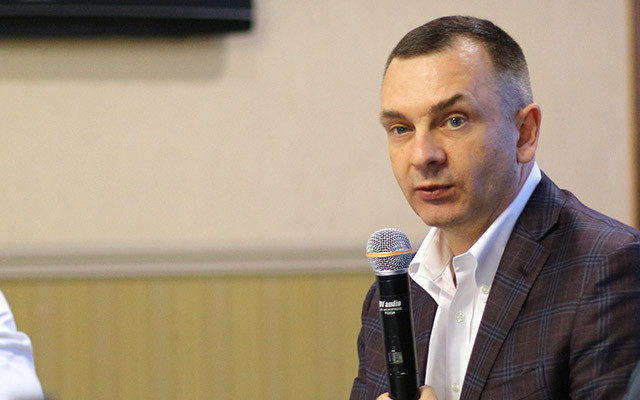
Advocacy
A Register of Administrative Proceedings on Lawyers' Complaints to Be Established in Ukraine
All cases of unlawful refusal to provide information at the request of lawyers, the requests of the QDCB, their chambers or members will be recorded in the Register of applications (appeals) on administrative offenses. The relevant terms of reference have already been submitted to the IT service for implementation.
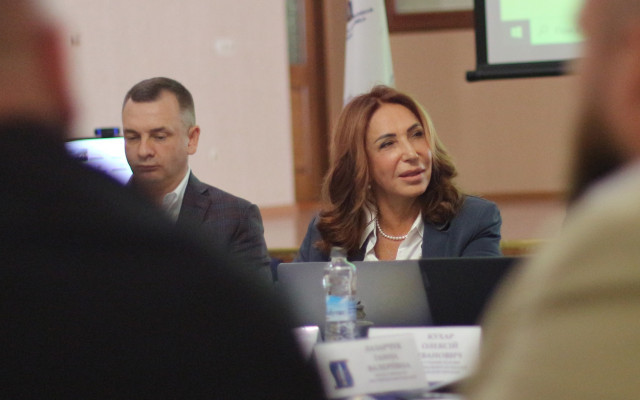
Advocacy
The shadow report on justice will be evaluated at the BCU
Recently, the so-called Shadow Report to the Justice and Fundamental Rights section of the European Commission's Report on Ukraine was published, prepared by a coalition of NGOs led by the Agency for Legislative Initiatives with the support of the European Union's Pravo-Justice Project and other NGOs.
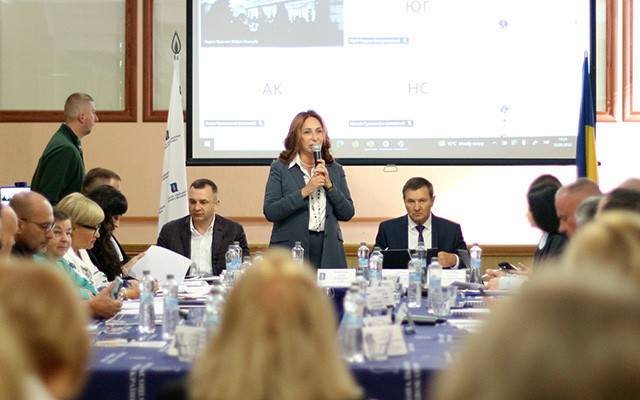
Advocacy
The Bar Council of Ukraine starts a regular meeting
Today, on September 20, a two-day meeting of the Bar Council of Ukraine begins in Zakarpattia.
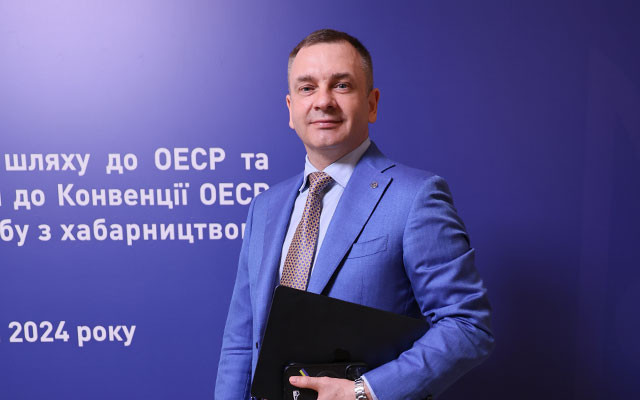
Advocacy
Ukraine on the way to the OECD: the Bar contributes to the implementation of the program
Accession to the Organization for Economic Cooperation and Development is a common challenge for all national institutions, on which the European future of the state depends. The Bar contributes to the implementation of the relevant OECD Program for Ukraine.
Publications

Ihor Kolesnykov A BRIEF SUMMARY REGARDING THE APPLICATION OF THE ORDER ON EXTENDED CONFISCATION IN LATVIA REGARDING FINANCIAL ASSETS OF…

Valentyn Gvozdiy WORKING IN A WAR ZONE

Lydia Izovitova Formula of perfection

Sergiy Vylkov Our judicial system is so built that courts do not trust advocates

Iryna Vasylyk Advocacy in the proclamation of Independence of Ukraine

Oleksandr DULSKY When we cross the border of the Supreme Anti-Corruption Court, we get into another department of the National Anti-Corruption…

Vadym Krasnyk The UNBA will work, and all obstacles and restrictions are only temporary inconveniences

Lydia Izovitova Interview with Lydia Izovitova on the occasion of the 8th anniversary of the founding of UNBA: We are the voice of t…
